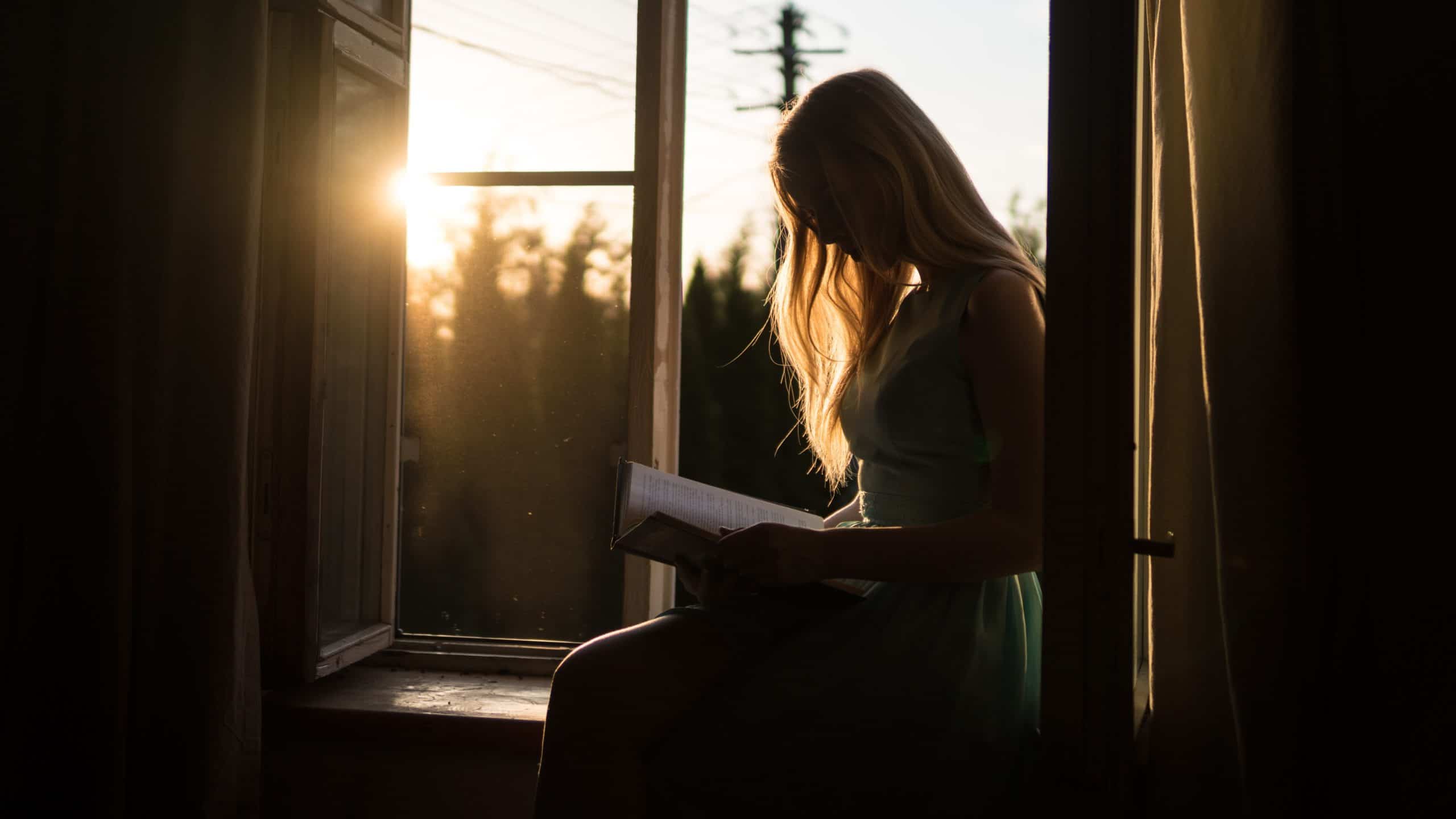This is the seventh installment of A Deacon’s Diary. In the sixth installment, Steve pondered dark things in the darkness of December.
I.
On a recent Sunday, ordinariness had recommenced at Boston University, despite (not unfounded) fears of COVID outbreaks. Vestments were green, signaling Ordinary Time between the feasts of the Baptism of Jesus and Candlemas, the Feast of the Presentation in the Temple.
Green means freedom, I heard one of my liturgy professors say in my head. In Ordinary Time, one often had options lacking in the more thematically-driven seasons of Advent, Christmas, Lent, or Easter. I wasn’t so concerned about liturgical options, but at the start of a new year –my last semester as a student–I found I wanted freedom. As I vested, I remembered a conversation I’d been having with a Jesuit friend about freedom.
Both of us were maybe unsure what it was, despite the central place it had in Ignatius’ Spiritual Exercises. We parsed: When had we been independent in Jesuit life, but maybe not free? Did we know what freedom would feel like?
I admitted to my friend that I wasn’t sure I always knew. Sometimes, we’d had plenty of money (by Jesuit standards) and relatively relaxed superiors. Sometimes we’d even had our own cars, if we needed them for work. All of this seemed like independence. But was it freedom?
I wasn’t preaching that afternoon, so I pondered these questions whenever there were pauses in the liturgy. The liturgy always has a give and a take to it, of listening, of responses, of movement around the sanctuary. Sometimes the pauses are a good time to pray over and chew on a question, like mine about freedom.
Sitting up in the sanctuary, looking across the altar at the congregation sometimes spurred ponderings and sparked prayers. Gothic architecture naturally draws the eyes upward, too, and my ponderings and sparks of prayers followed my gaze.
God, what does freedom feel like?, I sighed. It seemed to have something to do with simplicity, at least for me. It seemed to have something to do with light or lightness, so I thought. Lack of gravity.
II.
It was still mid-January, in the middle of a weekday afternoon. It was not too cold in Boston, or at least not as cold as it had been sometimes. I watched as the sun streamed into my room, through the southward windows, overlooking our neighborhood and the rocky outcropping that hides in a copse next to our community. The rock and the grove of trees are convenient reminders of the passing of seasons: right now green has given way to bareness and the rock is covered with snow.
The Christmas Cactus (or is it a Thanksgiving Cactus?) that lives on my windowsill is still trying to decide whether or not to bloom, even though we’re long past Epiphany. It’s almost Candlemas. There are buds on some of the fronds, but still no flowers. Maybe more buds will arrive for Candlemas. Maybe blooms will arrive and present themselves.
The sun was a very welcome visitor to my room, a room tucked away under the eaves of the house. Sometimes—particularly in November and December, I use a full-spectrum lamp to help ward off the growing darkness. But the real thing, especially on a winter day, was better.
III.
The slow sunny afternoon followed a hectic morning, so I was grateful for the light pouring in as I sat in my captain’s chair and read a book. Mostly I just sat and let the light wash over me. This wasn’t the wan, barely yellow light that sometimes comes in the winter. It was something proper to mid-Spring, only there was less of it.
The morning had been taken up with a meeting for Boston College’s graduate theological journal and then an oral exam. The oral exam was the last part of the “synthesis exam” for the Master of Divinity degree, a prerequisite for ordination. The exam process tested everything we’d learned in the past three years of theology: subjects such as Christology, Eschatology, Systematics, Trinitarian theology, Ecclesiology. Lots of “-ologies.”
The exam was the last thing between me and the degree and it had gone well. I had been nervous—exams are that kind of experience for me, regardless of how much I studied (it had been months!) or how much I knew (hopefully enough?) or how many books I had out from the library (current count: 463!).
They were the typical exam worries: What if I forget something important? What if I can’t pull it off this time? What if the exam was actually yesterday and I mis-entered it in my calendar?
And some things particular to this situation: What if I fail and they choose not to ordain me? This is the last exam I ever have to take!
The examiners, thankfully, were kind and friendly and spoke of what they liked about the eight-and-a-half thousand words I had written for the first part of the exam. It was all very conversational and I found that my worries were unfounded.
So, I got home, ate lunch in celebration and went to read (a book I’d picked up recently, but not one of the four-hundred-and-sixty-three). It was a good time for a slow afternoon.
IV.
On that afternoon, though, as I surveyed the decidedly un-green landscape and wondered when my cactus might bloom, I was free from worry. The cactus didn’t seem to worry about blooming–it was months late. Flowers of the field and birds of the air (Matthew 6:26-30), I thought.
The exam had actually been a bit fun and playful in the back-and-forth of the questions and answers. I think it was a conversation in which we all learned new things. I certainly did. I was grateful for my faculty and for the commonness of seeking God in doing theology. So much to be grateful for. And with the exam finished, I had the leisure to sit and go slowly for part of an afternoon. It’s a rarity.
Slowness, though, was drinking in the gilded pools of light on my floor. Perhaps slowness was a taste of freedom in the very smallest of ways. Perhaps savoring it and the simple lunch (a friend insisted that I had to celebrate, so I put aside my Wednesday fast), perhaps that was something like freedom too. Not any grand vistas. No striking out on my own, to go find myself or have some life-altering experience. But the small and the ordinary and the unexpected were what was on offer that week.
-//-
Photo by Yuri Efremov on Unsplash.
In the next installment of A Deacon’s Diary, Steve drops in on a retreat in Louisiana.


